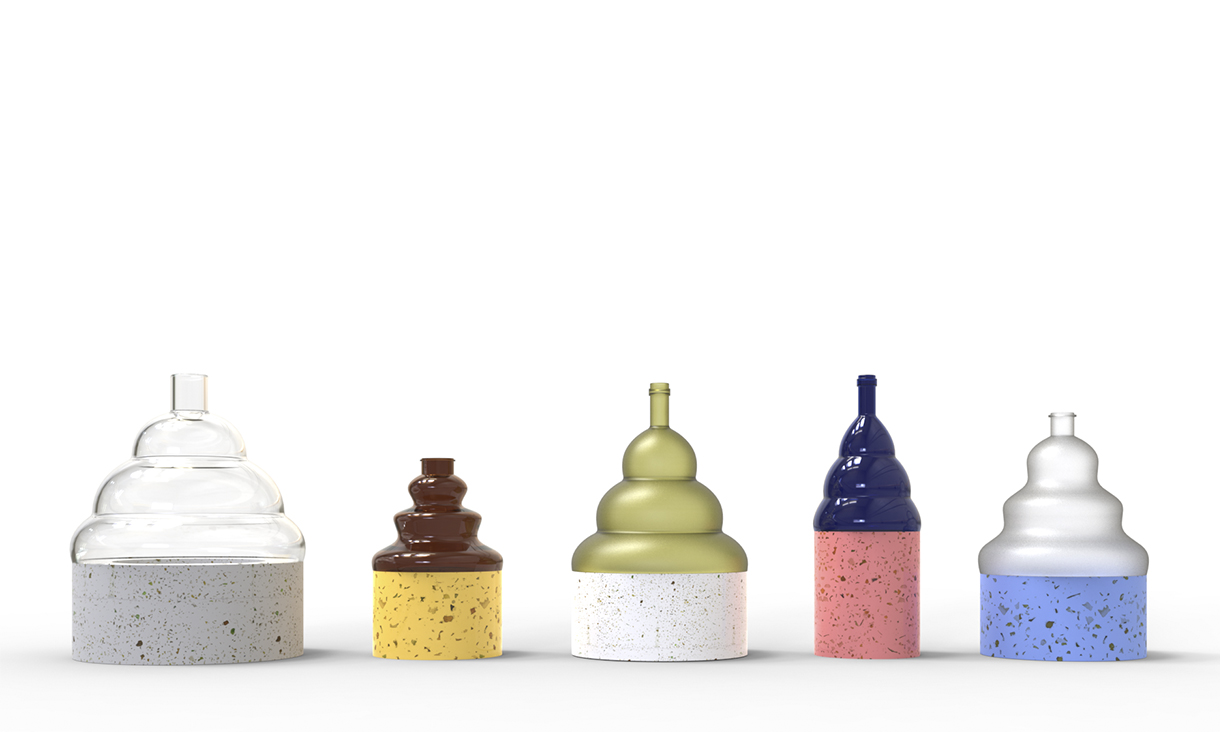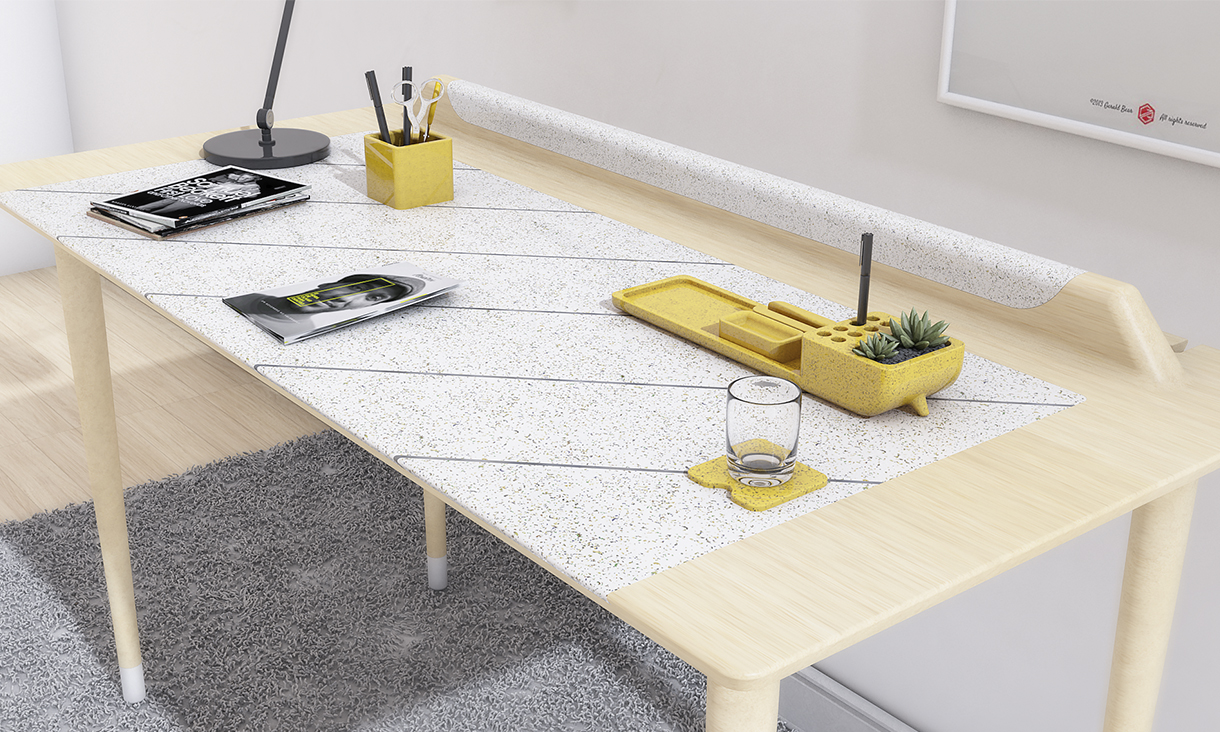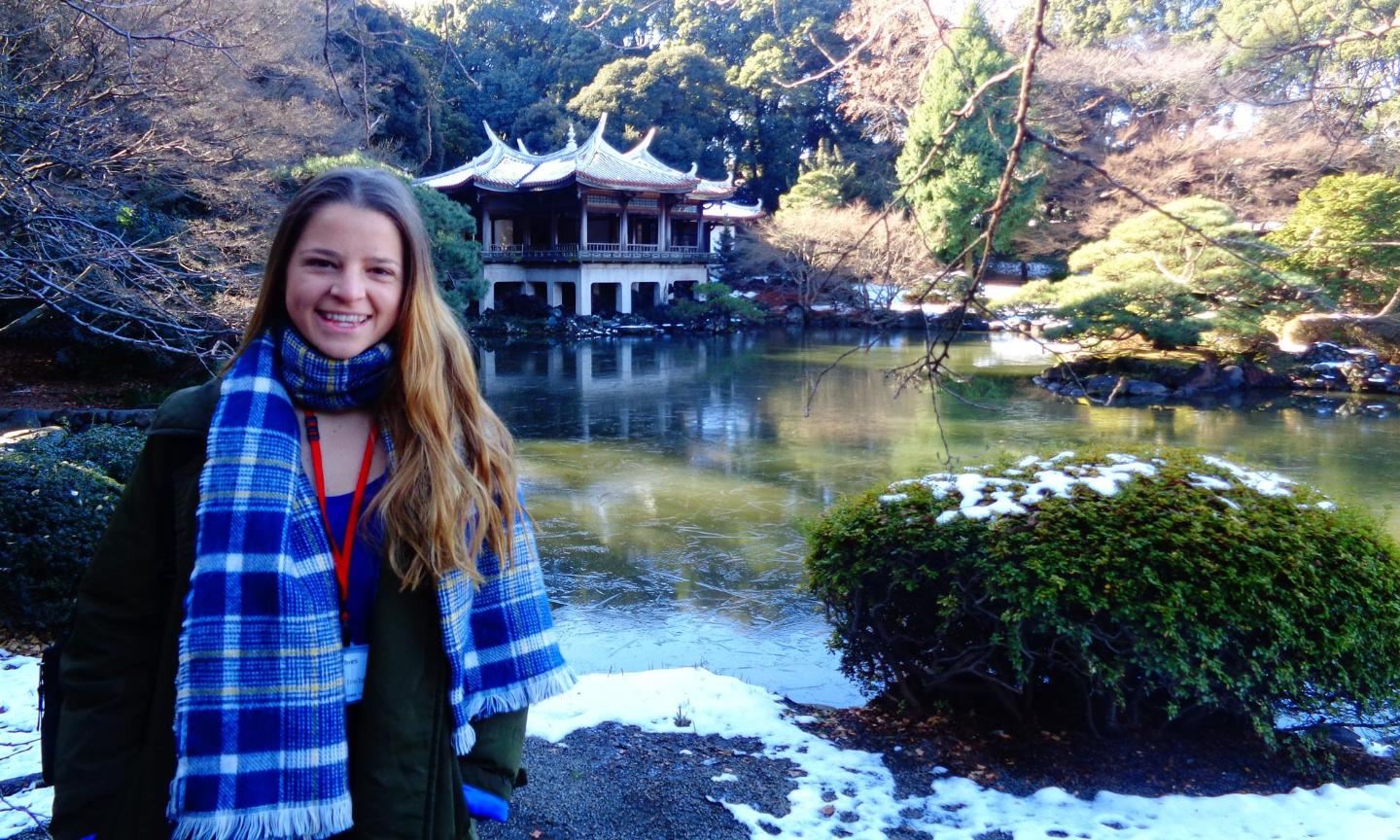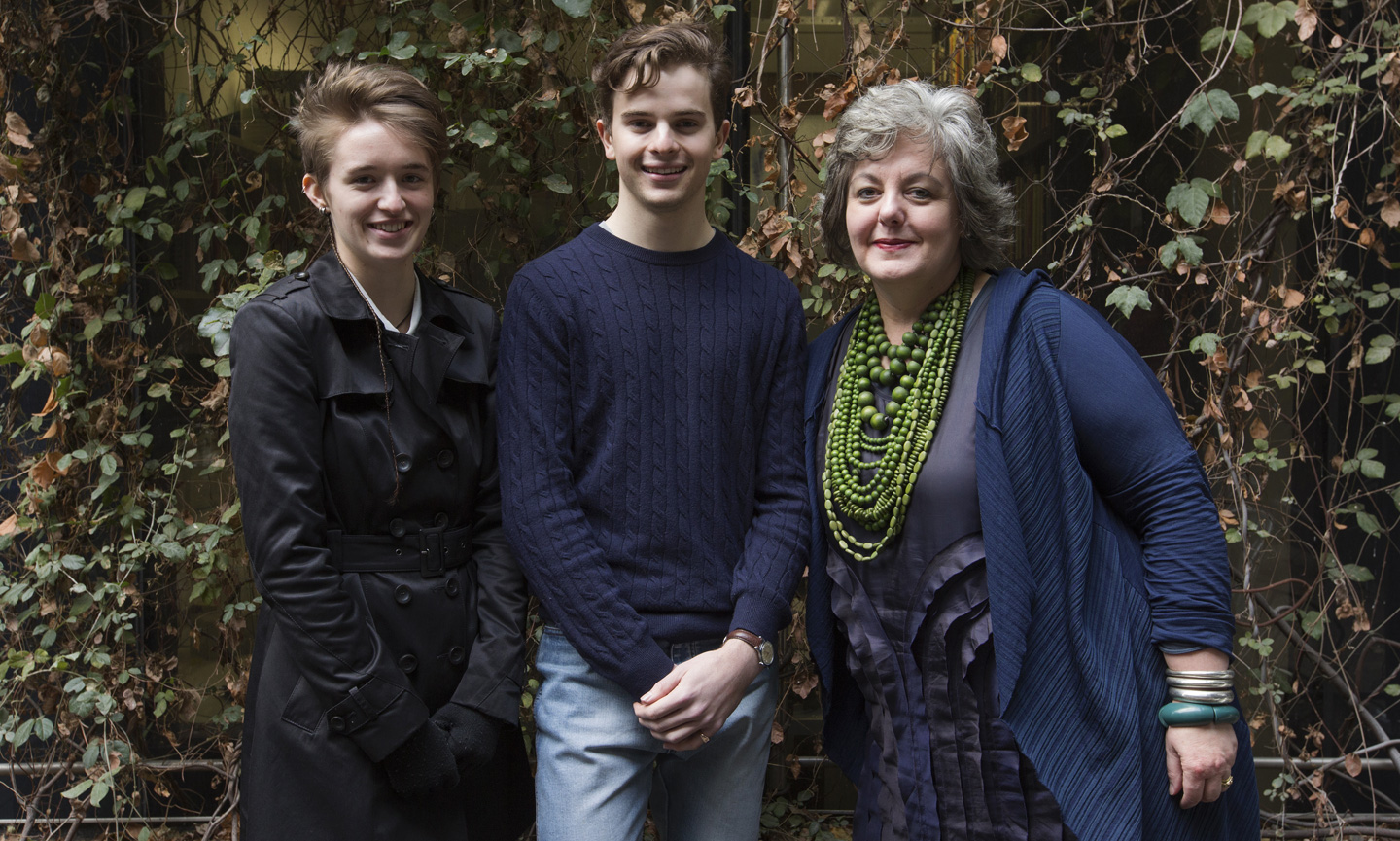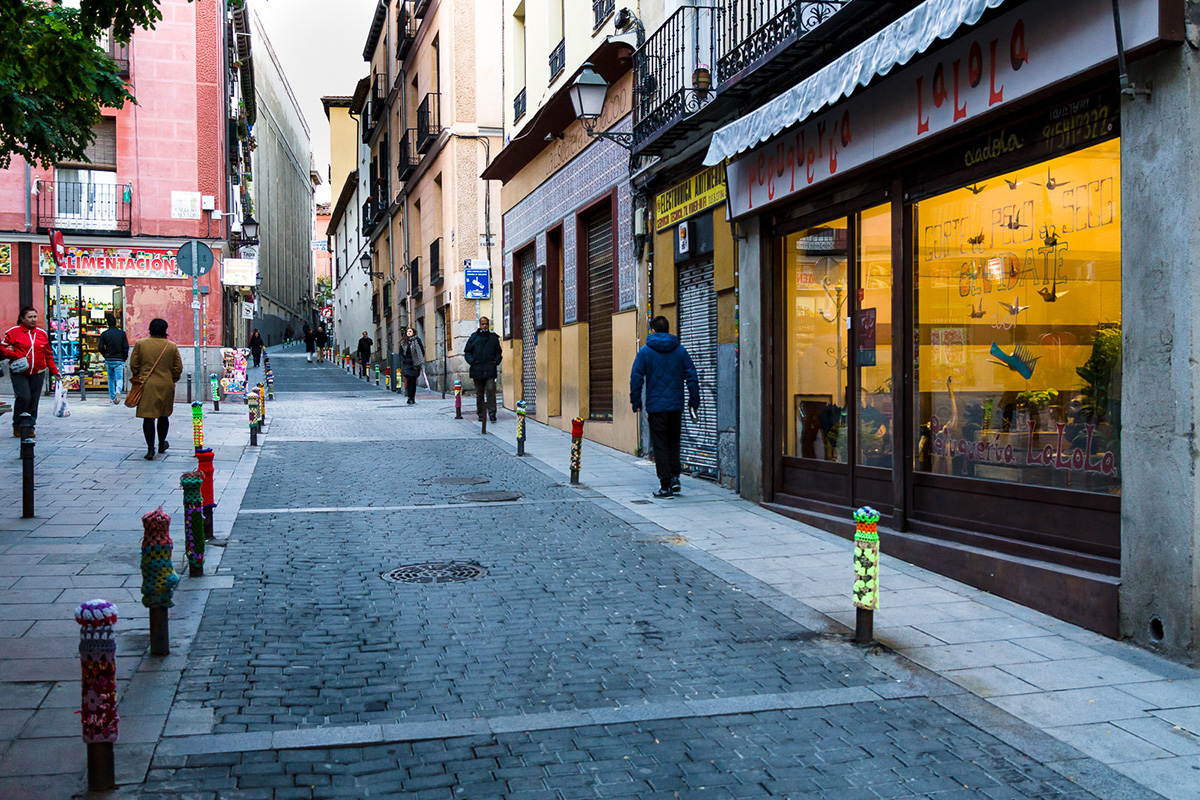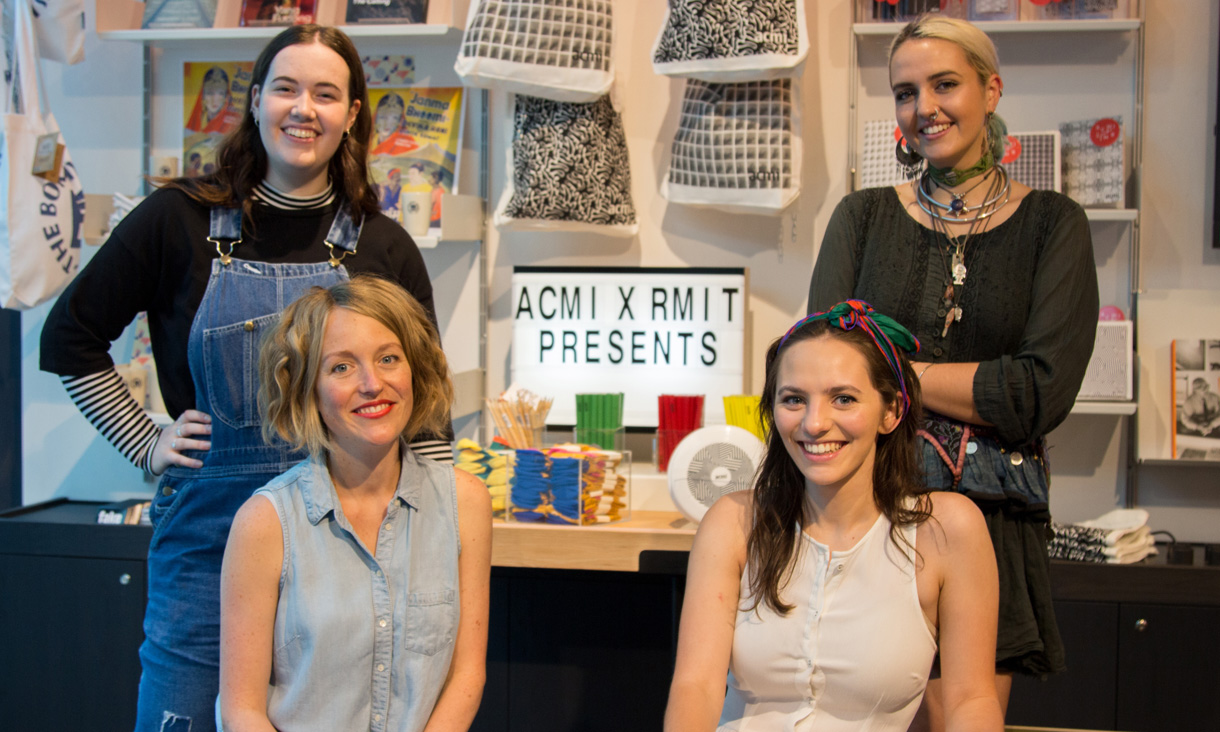With the local market value of recycled materials collapsing, and off-shore processors refusing to accept our post-consumer packaging waste, Australia is facing major environmental and resource recovery challenges.
The student studios are focusing on product and process design in two waste areas; conventionally recovered but mixed and contaminated waste glass, and the redirection of post-consumer packaging waste prior to its entry into the recycling system.
The first studio completed was a glass fines re-purposing studio linked to a Sustainability Victoria research project. While large quantities of glass are recovered for recycling, the collection and sorting process generates crushed glass (glass fines) unsuitable for re-manufacture into glass containers.
The students explored new approaches to the large quantity of mixed and contaminated glass that cannot be converted into conventional glass products using current systems.
Sustainability Victoria CEO Stan Krpan said having design students look at the opportunities to deal with a pressing real-world problem, gave them a broader view of the potential impact of their work.
“This was a great opportunity for the students to look at the challenges faced in resource recovery and increase their awareness of government priorities and initiatives.”
“They’ve developed a diverse range of exciting design ideas and concepts with the potential to go beyond the classroom.,” Krpan said.
The studio involved materials experimentation inside industry partner Mark Douglass Designs’ glass works, and novel applications development for the use of waste glass in constructions materials for Alex Fraser Group.
Student Samuel Burns said glass fines have the potential for endless recyclability, although it is evidently a challenging material to utilise due to the contaminants.
“My project primarily sought to explore glass fusing, a process that has the ability to bond solely glass fines into a form and without any need to remove the contaminants.” he said.
The second and third studio is called Re-Usefuls and will run both semesters of 2018.
Students in the Re-Usefuls project are designing prototypes and market testing high(er) value goods produced entirely from common household recyclable materials.

